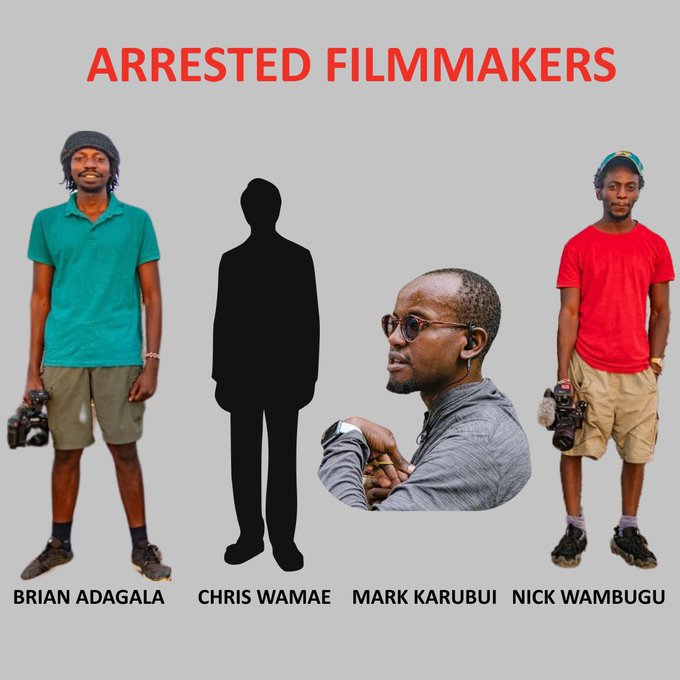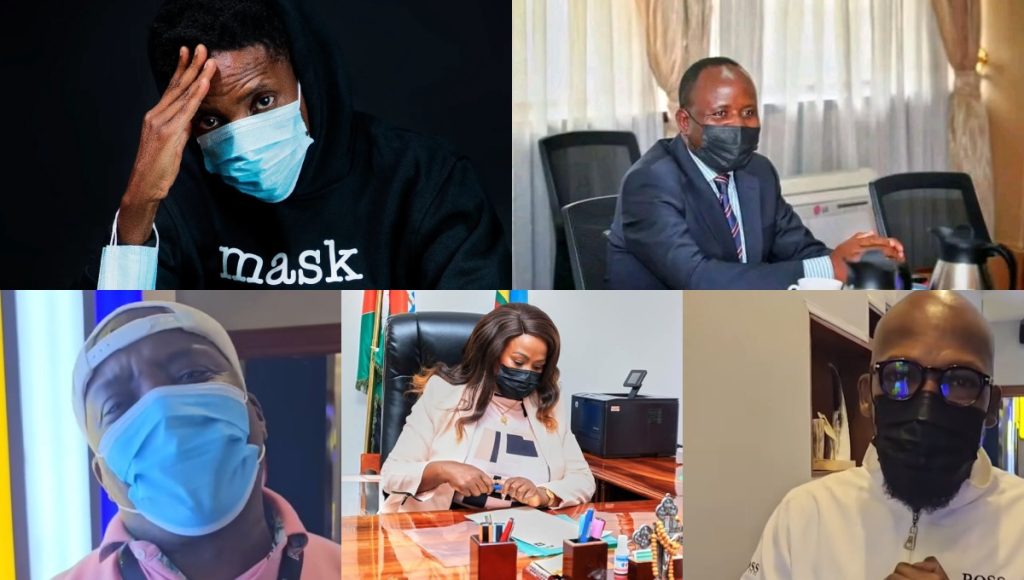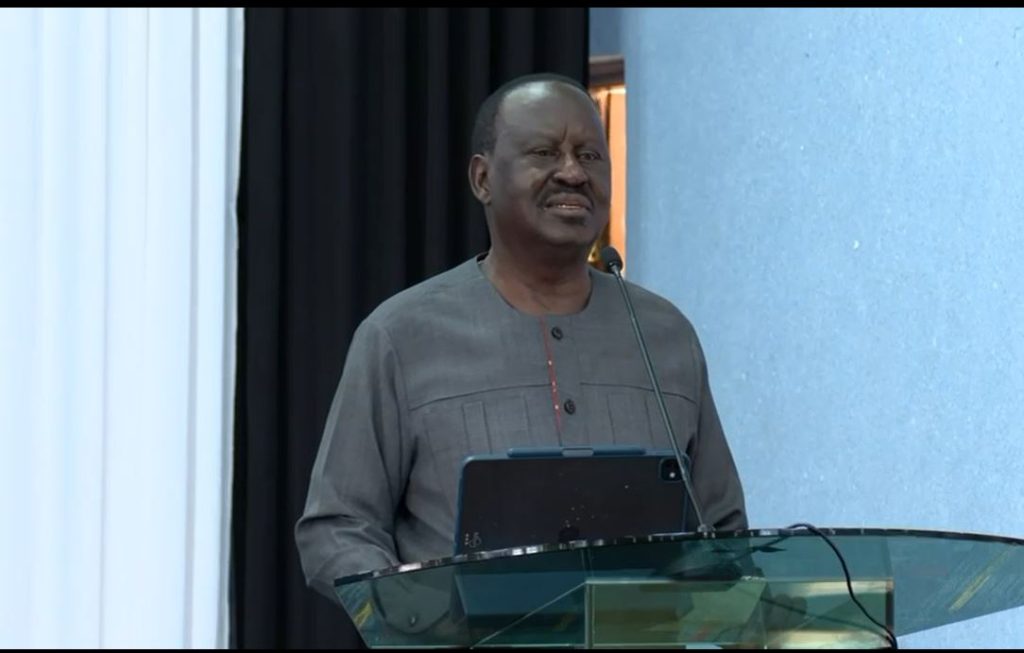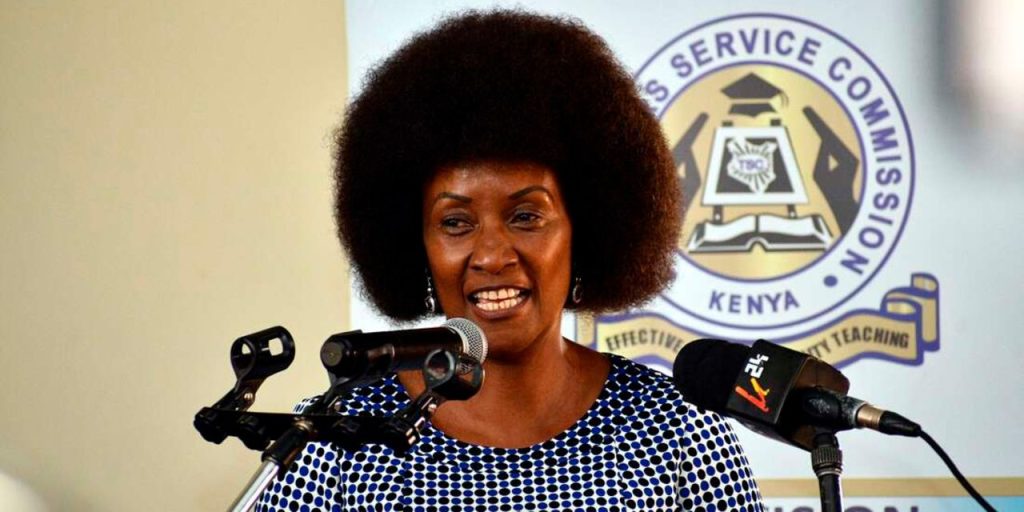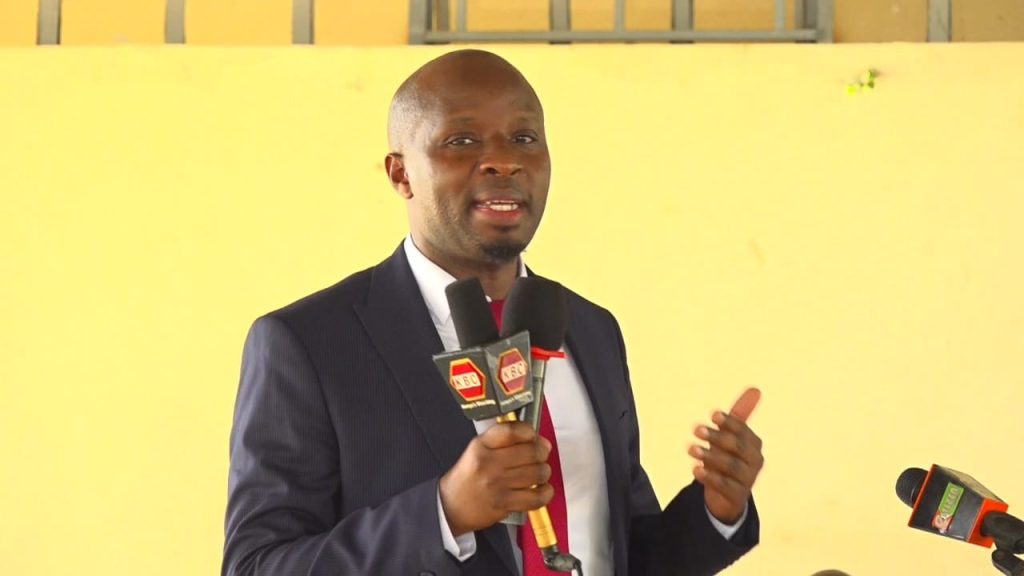The filmmakers behind the controversial BBC documentary ‘Blood Parliament’ have been arrested, a move that has caused uproar across the country and ignited concern within Kenya’s creative industry.
Nicholas Wambugu, Brian Adagala, Mark Denver Karubiu, and Christopher Wamae were reportedly arrested Friday night, May 2nd, 2025, under unclear circumstances from their studio in Karen. During the raid, police officers also confiscated filming equipment and several data storage hard drives.
The arrest was first confirmed by activist Bonface Mwangi through his social media accounts stating ”The police have arrested three filmmakers, Nicholas Wambugu, Brian Adagala, MarkDenver Karubiu, and Chris Wamae at their offices at Karen Village. The police confiscated their equipment, and hard drives.”
Mwangi said the arrested filmmakers didn’t film or contribute to ‘Blood Parliament’ documentary.
The arrest has stirred widespread condemnation, particularly from members of the arts and media community, who see it as an attack on freedom of expression.
In a statement the Chairperson of the Kenya Film and Television Professionals Association (KFPTA) Ezekiel ‘Ezy’ Onyango says “I can confirm that they are in police custody.” He continued ” I have personally visited Pangani Police Station, where Nicholas and Brian are being held, and Muthaiga Police Station, where Mark and Christopher are in custody. We have been granted permission to see them tomorrow morning(Sartuday) , and we will provide further updates on their well-being and the circumstances surrounding their arrest.” Onyango stated.
Authorities have indicated that the four filmmakers are facing charges related to publishing false information and cyberbullying, though no official statement has been released detailing the specific allegations.
Onyango called for full transparency from the authorities, saying “The Kenya Film and Television Professionals Association (KFPTA) stands in full solidarity with our arrested colleagues, their families, and the entire creative community. We are mobilising legal and institutional support to ensure that justice is served, their safety is guaranteed, and the right of all filmmakers to create independently and without fear is upheld,” he stated.
“To my fellow creatives and the public, let me be clear: The criminalisation of filmmakers for carrying out their work is unacceptable. I know you’re frustrated, distressed, and upset, but I urge you to remain calm, vigilant, and supportive as we engage with the authorities to secure their immediate release,” Onyango added.
The arrest has sparked aproar especially on social media, with Kenyans demanding the immediate release of the filmmakers.
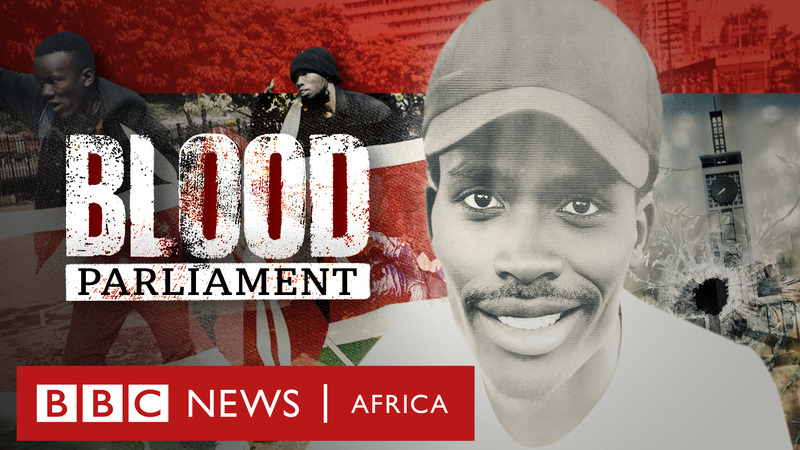
The ‘Blood Parliament’ documentary details the June 25, 2024 anti-tax protests and it singled out police officers believed to have killed three protestors outside parliament after analysing over 5,000 images to piece together the sequence of events on that day.
While some leaders have praised the documentary saying ‘Kenya needs to accept that something went terribly wrong on that eventful day’ others have condemned it even calling it a British Government project.



